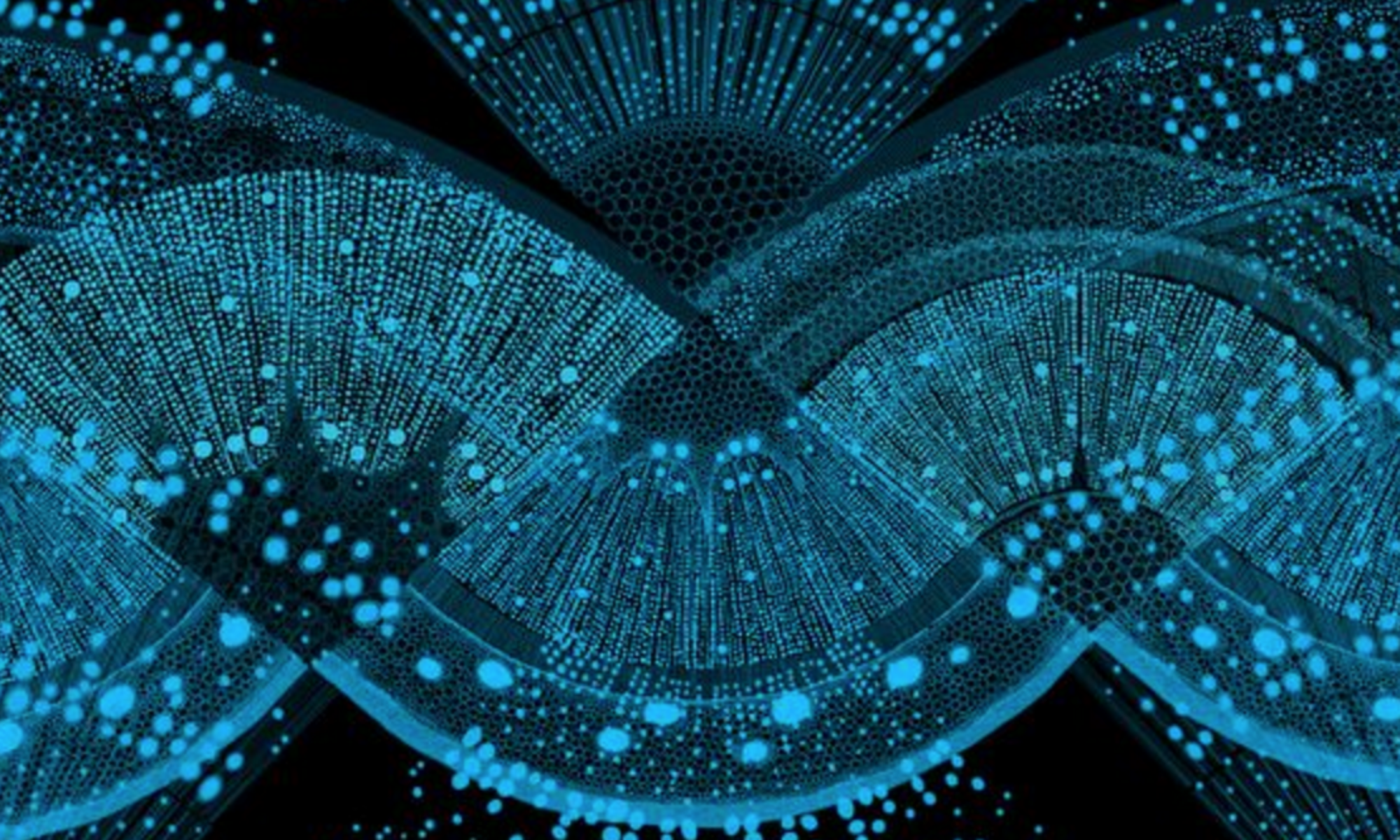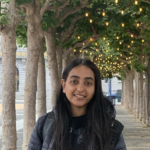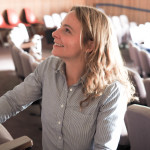 Dr. Bethany Goldblum is a staff scientist in the Nuclear Science Division at Lawrence Berkeley National Laboratory, a research engineer in the Department of Nuclear Engineering at UC Berkeley, and Executive Director of the Nuclear Science and Security Consortium. She founded BANG (the Bay Area Neutron Group) and is active in both the science and policy of nuclear security.
Dr. Bethany Goldblum is a staff scientist in the Nuclear Science Division at Lawrence Berkeley National Laboratory, a research engineer in the Department of Nuclear Engineering at UC Berkeley, and Executive Director of the Nuclear Science and Security Consortium. She founded BANG (the Bay Area Neutron Group) and is active in both the science and policy of nuclear security.—
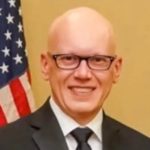 Jon Whetzel is research engineer at Sandia National Laboratories and adjunct professor for gaming & animation at the University of New Mexico. His research in machine learning and artificial intelligence has been applied to several applications including commercial & educational video games, nuclear site security, and immersive training simulators for DoD & DOE. He’s co-founder of Quantum Kingdom, an AI/ML startup company formed out of the UC Berkeley Skydeck accelerator.
Jon Whetzel is research engineer at Sandia National Laboratories and adjunct professor for gaming & animation at the University of New Mexico. His research in machine learning and artificial intelligence has been applied to several applications including commercial & educational video games, nuclear site security, and immersive training simulators for DoD & DOE. He’s co-founder of Quantum Kingdom, an AI/ML startup company formed out of the UC Berkeley Skydeck accelerator.—
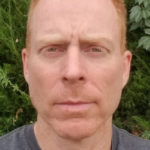 Dr. Robert G. Abbott holds a PhD in computer science from the University of New Mexico. As a staff member at Sandia National Laboratories for over 20 years, his work has focused on artificial intelligence and machine learning, with an emphasis on human performance, including cognitive and physiological modeling in domains such as fighter pilot training, airborne surveillance and reconnaissance, cybersecurity, and system reconstitution after electronic attack.
Dr. Robert G. Abbott holds a PhD in computer science from the University of New Mexico. As a staff member at Sandia National Laboratories for over 20 years, his work has focused on artificial intelligence and machine learning, with an emphasis on human performance, including cognitive and physiological modeling in domains such as fighter pilot training, airborne surveillance and reconnaissance, cybersecurity, and system reconstitution after electronic attack.—
 Victoria Hollingshead is a Master of Information and Data Science student at the UC Berkeley School of Information. She comes from a management consulting background, where she gained cross-functional experience on a myriad of technology-driven engagements, from digital transformation to product management. Outside of the Complexity Group, Victoria enjoys providing pro bono data science services to purpose-led organizations in the environmental and social welfare space.
Victoria Hollingshead is a Master of Information and Data Science student at the UC Berkeley School of Information. She comes from a management consulting background, where she gained cross-functional experience on a myriad of technology-driven engagements, from digital transformation to product management. Outside of the Complexity Group, Victoria enjoys providing pro bono data science services to purpose-led organizations in the environmental and social welfare space.
—
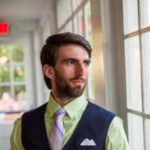 Chris Stewart is a project scientist in the Department of Nuclear Engineering at UC Berkeley. He received his Ph.D. in Nuclear Engineering from the Georgia Institute of Technology in 2016. His dissertation research concerned the viability of near-field antineutrino detector arrays to continuously ensure the integrity of the declared fuel inventory in long-cycle nuclear reactors. In addition to nonproliferation and nuclear security, his interests include building strategies for mitigating the challenges of the back end of the nuclear fuel cycle.
Chris Stewart is a project scientist in the Department of Nuclear Engineering at UC Berkeley. He received his Ph.D. in Nuclear Engineering from the Georgia Institute of Technology in 2016. His dissertation research concerned the viability of near-field antineutrino detector arrays to continuously ensure the integrity of the declared fuel inventory in long-cycle nuclear reactors. In addition to nonproliferation and nuclear security, his interests include building strategies for mitigating the challenges of the back end of the nuclear fuel cycle.—
Karishma Shah is a graduate student nuclear engineering at the University of California, Berkeley. She completed a Masters in Physics from the University of Warwick, United Kingdom. She also completed the Israel Tech Challenge in Data Science and Machine Learning in Tel-Aviv, Israel. Her interests lie in the application of data science, artificial intelligence and machine learning techniques to problems in the nuclear Security and nonproliferation arena, as well as in the nuclear engineering field more broadly.
—
—
—
—
